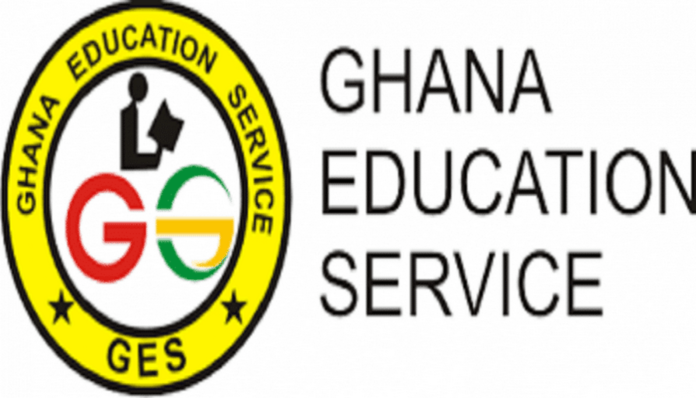
Civil Society Organizations through the Africa Education Watch are petitioning the Ghana Education Service (GES) to suspend the policy draft set to be implemented from February until the NGO Bill is passed.
According to the over 165 Civil Society petitioners, the draft is relevant and welcomed but the new proposed approach they say, weakens their Civil Society’s ability to demand accountability from GES.
In a press statement signed by the Executive Director of Africa Education Watch, Kofi Asare, they stated that compelling CSOs as a pre-condition for certification to operate in Education Sectors is in explicit breach of their Constitutional guarantees of Freedom of Association under Article 21 of the Ghanaian Constitution.
“The contradiction must not be encouraged or supported by any
Development Partner,” the statement read.
Their petition comes after the Ghana Education Service in their policy draft stated that one cannot effectively operate as a Non-Governmental Organization (NGO) or Civil Society Organization (CSO) in the education sector unless they are:
A paid-up member of the Ghana National Education Campaign Coalition (GNECC), pay an NGO/CSO application fee to GES, GES approves their activities, they disclose their finances to GES, GES approves their project proposals before securing funding and their activities are jointly implemented with GES.
According to the CSOs/NGOs, the policy draft of the GES gives them (GES) the authority to duplicate existing accountability and regulatory functions
of the Department of Social Welfare and Registrar General’s Department.
They explained that this contradicts the whole policy aim of ensuring a harmonised system with NGOs/CSOs in the education sector.
The petitioners, however, recommended the GES to strengthen their District Education Offices’ so Civil Society’s can continue working with the District Assemblies and the Department of Social Welfare to ensure harmonisation and synergy at the local level.
“The GES District Education Offices could work closely with the District DSW Office on issues relating to the registration, certification and status of NGOs,” the statement read.
The petitioners urged the GES to freeze the draft on NGOs/CSOs Regulatory Framework until the NGO Bill has been passed into law to avoid foreseeable inconsistencies and duplications.
“The draft NGOs/CSOs Regulatory Framework of the GES conflicts with the draft NGOs Bill. The practice of rushing to enact policies with the hope of later seeking legislative ratification should be discouraged,” the petitioners said.
